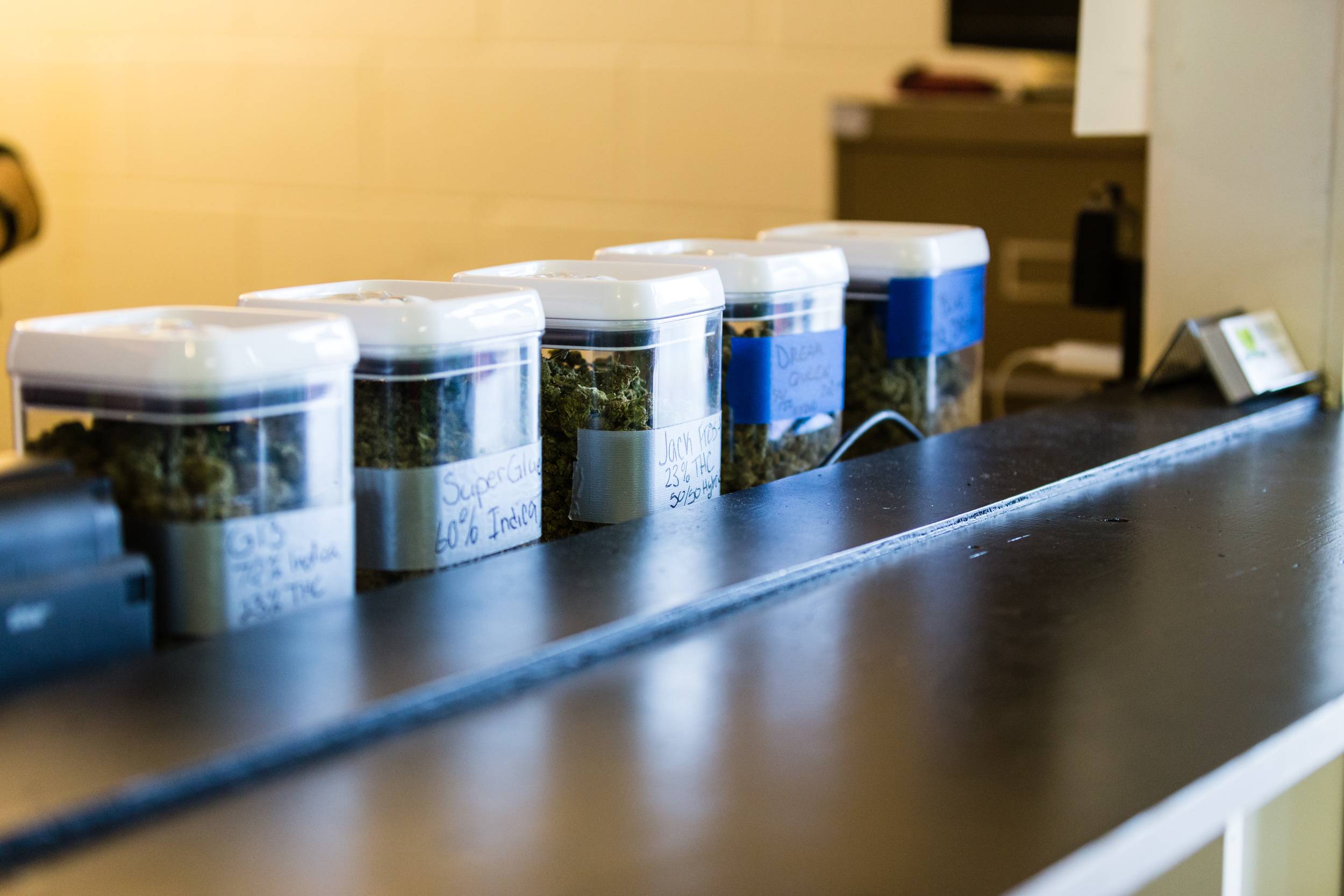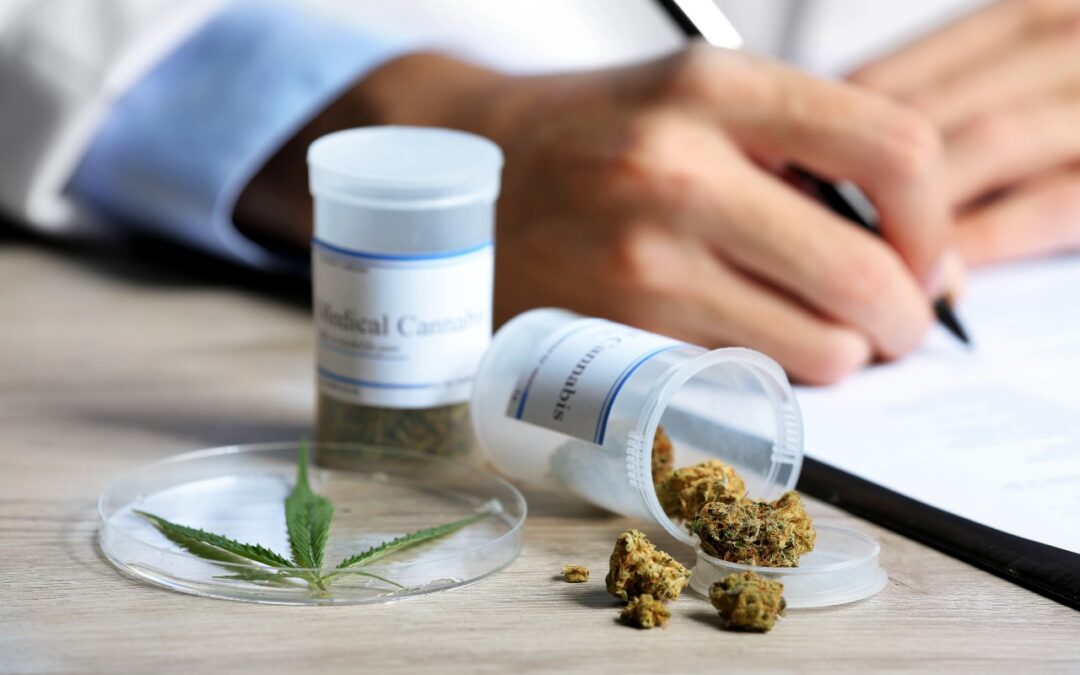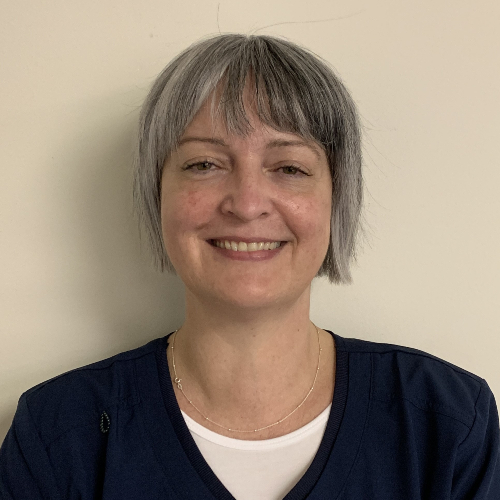Medical Cannabis has made headlines in recent years as a way to help combat pain and ease the symptoms of specific conditions and chronic illnesses. Medical cannabis does not differ from marijuana and is a term used for a doctor-approved prescription only.
For some, this is good news and maybe a way to help with pain management. However, it is essential to note that marijuana is still considered a Schedule 1 drug, as pointed out in the Controlled Substance Act, due to the high possibility of abuse and misuse.
There is quite a bit of information to unpack, so let’s begin with the difference between CBD and medical cannabis (marijuana).
Cannabis and CBD, what’s the difference?
You have undoubtedly seen the influx of CBD (cannabidiol) products in stores and online over the past several years. From sleeping aids to dog treats, CBD is a product anyone can purchase over the counter and without a prescription. CBD is a compound found within marijuana, but it does not have the hallucinogenic effect of THC. Many tout this as a miracle ingredient meant to promote relaxation and sleep, reduce anxiety, and treat inflammation and pain.
The term cannabis refers to anything originating from the Cannabis sativa plant, which contains upwards of 540 different substances. Therefore, the term cannabis and marijuana are not interchangeable. Marijuana refers specifically to derivatives of the Cannabis sativa plant containing tetrahydrocannabinol (THC), the substance known to impact one’s mental state.
However, most CBD products are not regulated by the FDA, so buyers beware. You could purchase products with trace amounts of THC.
What is a cannabinoid?
You may have seen the term cannabinoid in your searches on CBD or medical cannabis. A cannabinoid is a term used to describe substances found within the Cannabis sativa plant. For our discussion, you need to know that CBD (cannabidiol) and THC (tetrahydrocannabinol) are the two main cannabinoids.
What is medical cannabis?
Medical cannabis is marijuana prescribed by a medical professional to treat certain conditions. It differs from CBD in that it contains THC. Currently, the FDA has approved several drugs containing marijuana for use by those who qualify. These include Epidiolex, Marinol, Syndros, Cesament, Dronabinol, and Nabilone.
Under Alabama laws, only certain conditions qualify for medical cannabis use. For an exhaustive list, please see the Alabama Medical Cannabis Commission website.
Medical cannabis and Alabama, what you need to know
In 2021, the Alabama state legislature created the Alabama Medical Cannabis Commission to create laws governing the use of medical cannabis within the state of Alabama.
Within our state, applications for certified medical marijuana distributors came into effect on September 1, 2022. However, distribution will begin in late 2023 or early 2024. This allows the AMCC time to sift through applications and find viable candidates for distribution. However, only some people who apply can expect to receive accreditation from the AMCC, and this process will take time.
Regulations for those who wish to be certified dispensaries are already in effect. Here’s what you need to know. In order for a dispenser to be qualified, they must have at least two years of experience or education within a qualified field. These include chemistry, medical cannabis, pharmacology, biology, or something akin. Also, each distributor must take a foundational medical cannabis course and commit to continuing education at a minimum of 10 hours per year.

Who can visit a dispensary
Only registered caregivers and those with a medical cannabis card will be allowed to enter certified dispensaries.
To keep medical cannabis a viable option for those who need it, there will be regulations in place. As mentioned, if you have a medical cannabis card or a caregiver of someone with one, you will be allowed into a certified dispensary.
To protect patients and keep medical cannabis out of the hands of those who do not need it, dispensaries will not be able to sell any medical cannabis to anyone out of state, nor will they be able to deliver it. In addition, there will be many safeguards at dispensaries, including security guards and camera footage.
What types of medical cannabis are approved and which are not?
The AMCC has an exhaustive list of approved medical cannabis types, including tablets and capsules, tinctures, nebulizers, liquids and oils used with inhalers, transdermal patches, suppositives, and creams, gels, or oils for topical administration. However, any raw plant materials, foods, or cannabis for smoking or vaping are not included on the approved list.
Medical cannabis is a valuable tool for those who qualify.
Ultimately, the decision to use medical cannabis will come down to you and your physician. Not every condition or disease will qualify. If you think you are a candidate, please do your research, consult with your physician, and when the time comes, only purchase from a certified dispensary.




 About
About

 About
About About
About About
About
 About
About About
About

 About
About About
About About
About About
About











